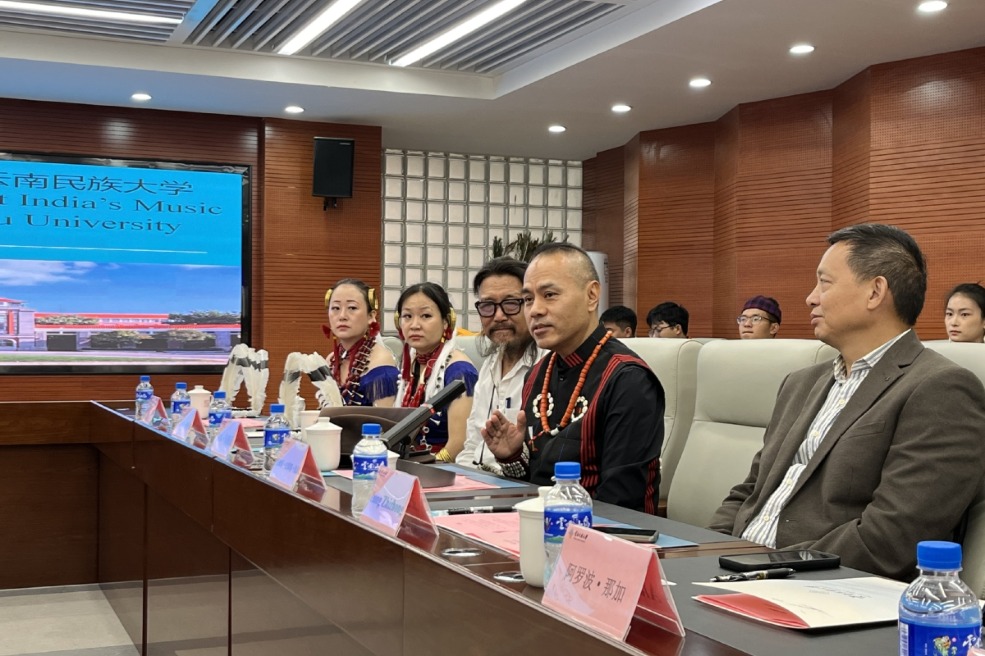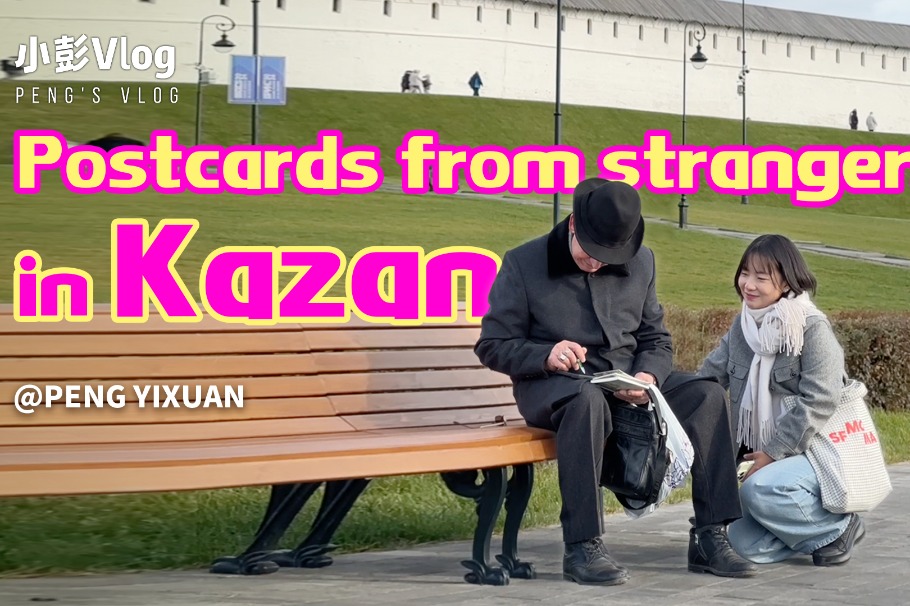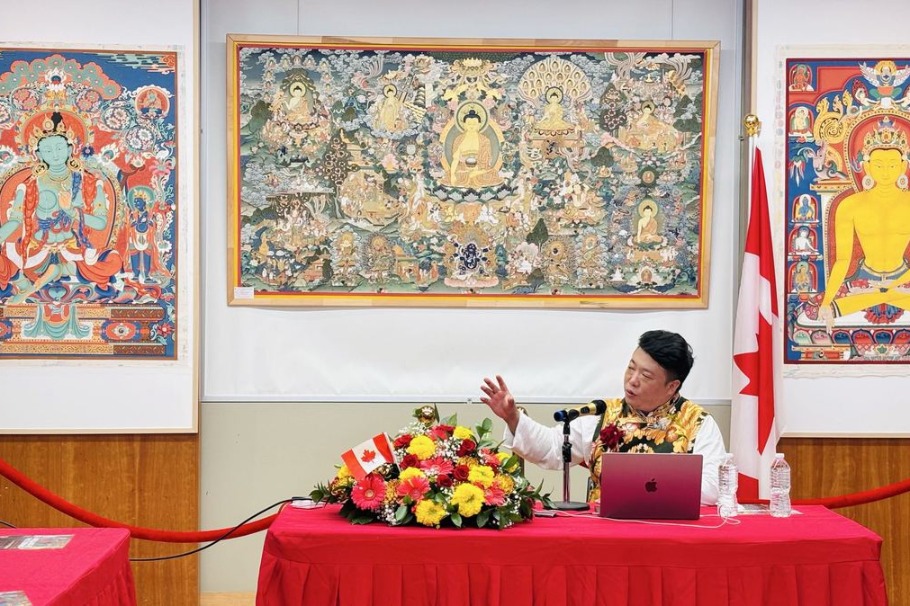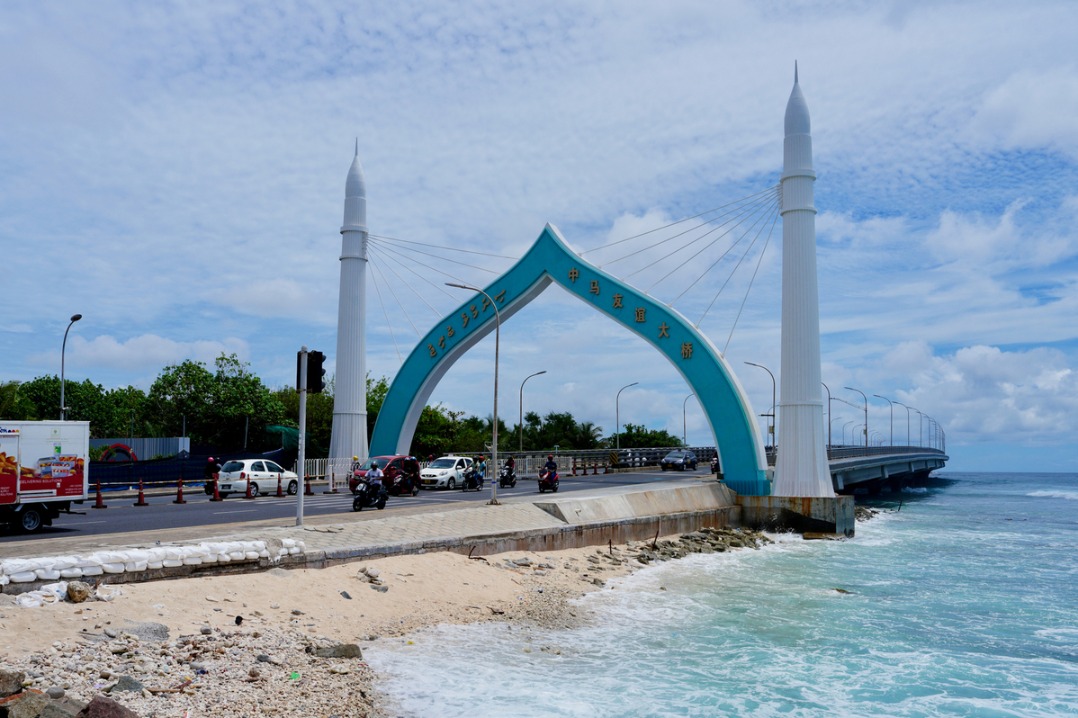China calls Japan legislation about Diaoyu Islands severe provocation

China warned of action against a Japanese city's legislation regarding the Diaoyu Islands in the East China Sea on Monday, as an expert said Japan's unilateral move was souring relations between the neighbors.
China reserves the right to respond to the Japanese city's administrative bill regarding China's Diaoyu Islands, Foreign Ministry spokesman Zhao Lijian said during a regular news briefing.
"The bill is a severe provocation to China's territorial sovereignty. It's illegal and invalid," Zhao said, adding that the fact that the Diaoyu Islands belong to China cannot be altered.
Zhao's comment was a response to the Ishigaki City Council in Japan's Okinawa prefecture, which on Monday, approved legislation that changed the administrative designation of the area containing China's Diaoyu Islands, or the so-called Senkaku Islands, from Tonoshiro to Tonoshiro Senkaku.
Zhao said the Chinese side firmly opposed the actions by the Japanese side, and had lodged representations through diplomatic channels.
Territorial sovereignty
He reiterated that Diaoyu Island and its affiliated islands have been China's territory since ancient times, and reaffirmed that China's determination and will to safeguard its territorial sovereignty is firm and unshakable.
"The change is souring relations between China and Japan and is definitely not conducive to regional peace and stability," said Yu Qiang, a researcher of Japan studies at the University of International Relations in Beijing.
According to Yu, China and Japan had achieved better ties by fighting together against the coronavirus, but the unilateral move by Tokyo was sabotaging that effort and had brought uncertainty to the relationship.
Located in the East China Sea and about 221 kilometers away from Taipei, the Diaoyu Islands were first recorded by Chinese in 1534 as a gateway to Ryukyu, a then-independent kingdom. The Japanese claim over the Diaoyu Islands is groundless because Tokyo accepted the Potsdam Declaration and the Cairo Declaration after it was defeated by the Allies in 1945 with an unconditional surrender.
In both documents, it was made clear that "Japanese sovereignty shall be limited to the islands of Honshu, Hokkaido, Kyushu, Shikoku, and such minor islands as we determine".
































